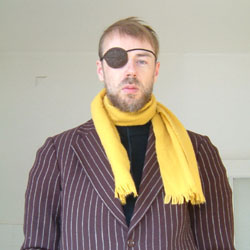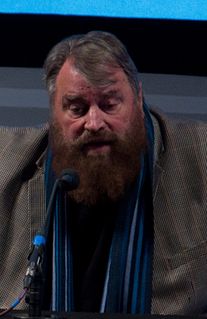A Quote by Lois Lowry
Gathering Blue' was a separate book. I wanted to explore what a society might become after a catastrophic world event. Only at the end did I realize I could make it connect to 'The Giver.
Related Quotes
When I wrote 'The Giver,' it contained no so-called 'bad words.' It was set, after all, in a mythical, futuristic, and Utopian society. Not only was there no poverty, divorce, racism, sexism, pollution, or violence in the world of 'The Giver'; there was also careful attention paid to language: to its fluency, precision, and power.
It's such a unique story. Book of Joshua in the Bible wasn't always my favorite book, by the way. Only some ago did I realize that this book covers a seven-year period in the history of ancient Israel in which they literally went undefeated.They did have one setback, but outside of that, they defeated over 30 kings. They recaptured the Promised Land. They did what their ancestors said they could not.
The book I'm looking for,' says the blurred figure, who holds out a volume similar to yours, 'is the one that gives the sense of the world after the end of the world, the sense that the world is the end of everything that there is in the world, that the only thing there is in the world is the end of the world.
Quantum physics says that there is an infinite number of possibilities and parallels to the one that we know, and every event is also played out in a parallel world. It's kind of a crazy idea, but someone called Saibal Mitra at the University of Amsterdam says that if you could back up your memory in case of a catastrophic event, you could actually revert to that back-up and find an alternative world in which the Earth didn't explode or collide with Mars.
I can't trace thematic similarities between Then We Came To The End and The Unnamed to a life event; I think it's more just a natural progression as a writer. Everything changes in the second book - tonally, character-wise, situationally - and on top of that, I think I wanted a challenge. I wanted to see if I could do it.
Retreating from the world
will not liberate you.
Happiness is not found in
a secluded forest hut or isolated cave.
Enlightenment comes when you
connect to the world.
Only when you truly connect with everyone
and everything else do you become Enlightened.
Only by going deeply and fully into the world
do you attain liberation.
I never wanted to write about Bulgaria. When I was still living there I did my absolute best to never write a story with a Bulgarian character with a Bulgarian name, and only after I came to the US and I was far away and missing it a great deal did I realize that writing about could be my way of returning back home. I think it was only through my writing that I fell in love with the country and with the history.
There's a fundamental disconnection in society in the way we live, this way we live that we take so for granted, and we've become very separate from one another and we don't really take lot of time to realize that. And the math is overwhelming to the point of despair, but the answers could be so simple.



































